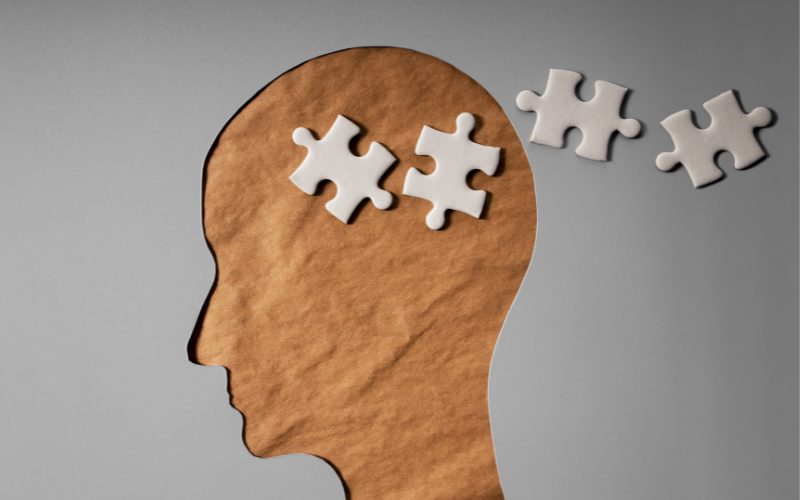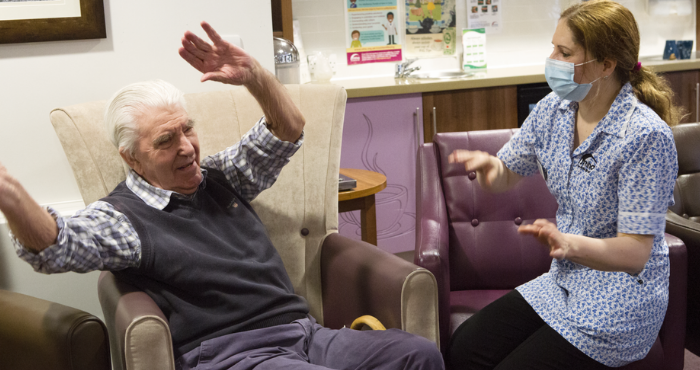Different types of dementia

The word dementia describes a group of symptoms that include memory problems, language, and changes in perception, mood, behaviour, and emotions.
Dementia is a progressive disease, which means it will worsen over time. There are many types of dementia, Alzheimer’s disease being the most common.
What causes dementia?
Dementia isn’t a natural part of aging, it’s caused when a disease damages nerve cells in the brain.
Nerve cells carry messages between parts of the brain and body. As more nerve cells are damaged, it means the brain can’t function properly.
Dementia can be caused by many different diseases which affect the brain in different ways - resulting in different types of dementia.
Types of dementia
Alzheimer’s Society says that ‘around 19 out of 20 people with dementia have one of four main types’. Dementia affects everyone differently, however, each type has some common early symptoms.
You can also experience symptoms of more than one type, known as mixed dementia.
Alzheimer’s disease
Alzheimer’s disease is the most common type of dementia. For most people the first signs of Alzheimer’s are problems with their memory, thinking, language or perception.
Read information from Alzheimer’s Society on Alzheimer’s disease >
Vascular dementia
Vascular dementia is the second most common type of dementia. Common early signs include problems with more advanced brain activity like organising, problem-solving, and making decisions and plans.
Read information from Alzheimer’s Society on vascular dementia >
Dementia with Lewy bodies (DLB)
Dementia with Lewy Bodies (DLB) is caused by Lewy Body Disease. Symptoms include having difficulties staying focused, problems with movement sleep and experiencing delusions.
Read information from Alzheimer’s Society on dementia with Lewy bodies (DLB) >
Frontotemporal dementia (FTD)
Frontotemporal dementia (FTD) is one of the least common types of dementia, also known as Pick's disease or frontal lobe dementia.
Common symptoms include changes to personality and behaviour and/or difficulties with language.
Read information from Alzheimer’s Society on frontotemporal dementia (FTD) >
Organisations that can help support you
- Call the Alzheimer’s Society Dementia Connect support line on 0333 150 3456 Or if you speak Welsh, call the Welsh-speaking support line on 03300 947 400. (Monday to Wednesday: 9am – 8pm, Thursday and Friday: 9am – 5pm, Saturday and Sunday: 10am – 4pm).
- Sign up to Talking Point, an online community for anyone affected by dementia. You can share experiences and get support 24/7.
- Dementia UK have a free dementia helpline on 0800 888 6678 (Monday to Friday: 9am-9pm, Weekends 9am-5pm).
- MHA Dementia training – attend our free 1.5 hour Zoom training sessions

